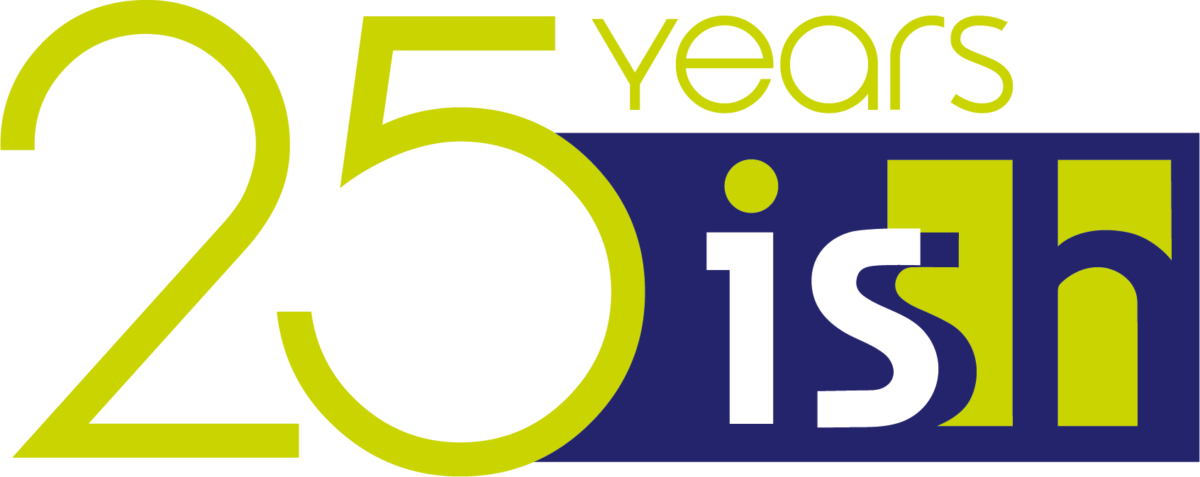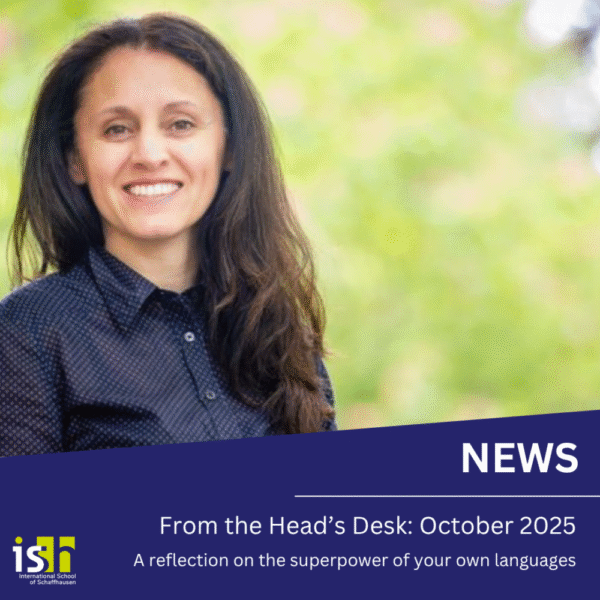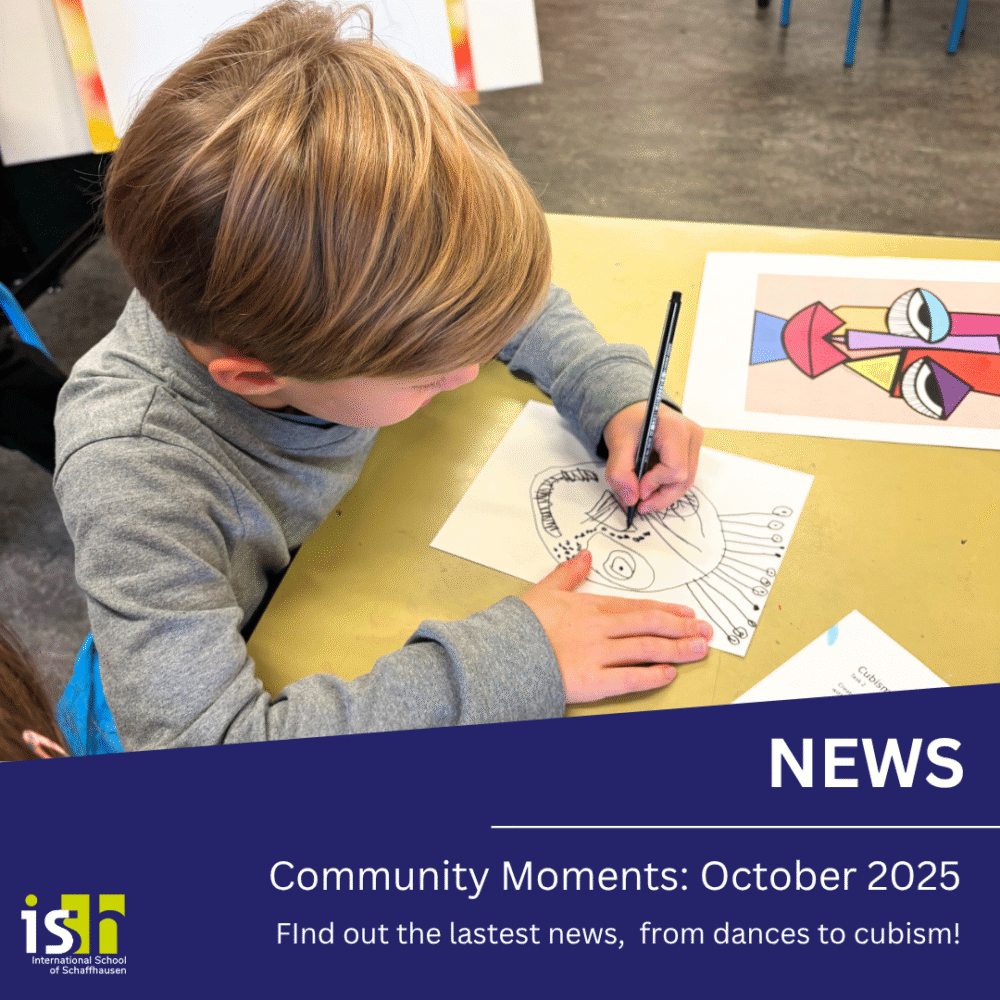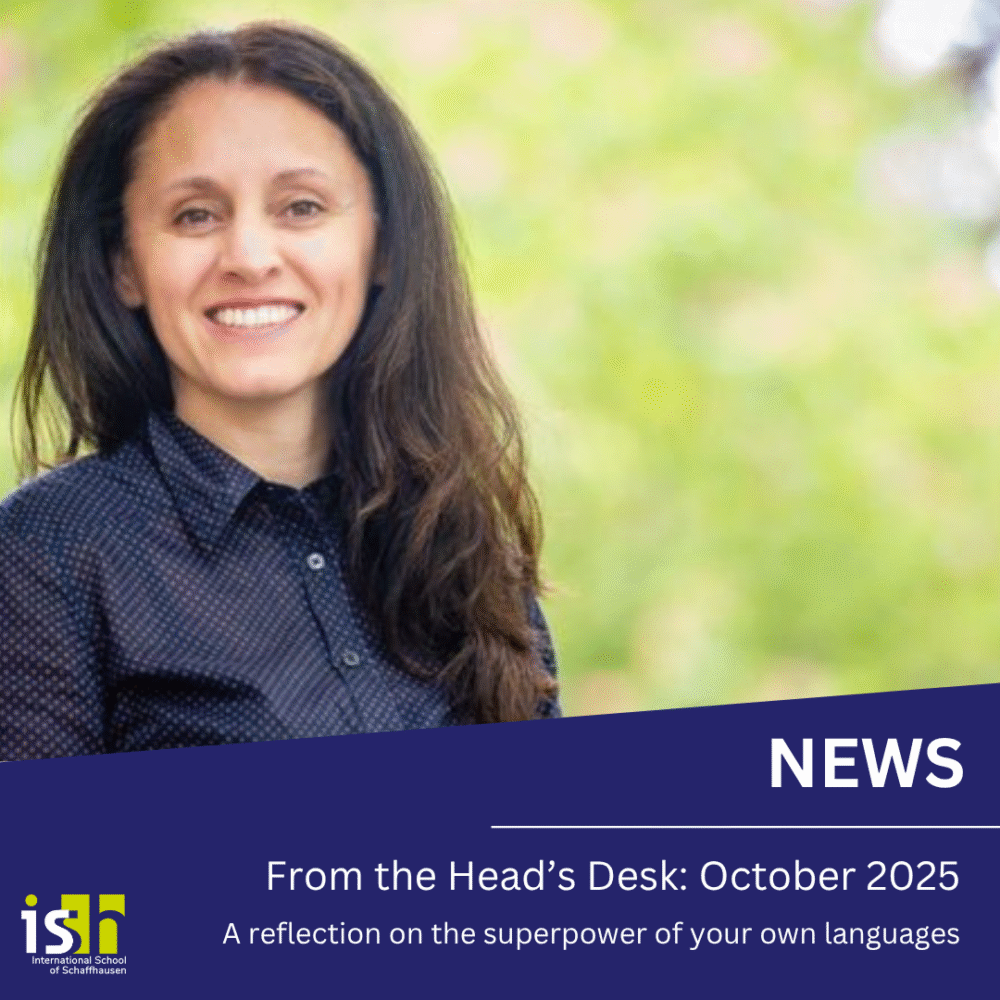The Superpower of Growing Up Between Languages
I grew up bilingual in West Berlin, where Turkish and German shaped my everyday life. From a young age, I realised that each language had its own nuances, rhythms and hidden treasures. As a child, I loved the feeling that I had a secret code of my own – a way of speaking that not everyone around me could understand. Although Turkish wasn’t considered a “cool” language at the time, I saw it as my superpower. It gave me an identity that was richer and more layered than it seemed on the surface.
Books quickly became part of this process of discovery. I read in both German and Turkish, although I always took longer with Turkish. But it was in that slowness that I learned to notice. I loved stumbling across a proverb or metaphor that existed in both languages. One of my favourites was the German “Was du heute kannst besorgen, das verschiebe nicht auf morgen” and the Turkish equivalent, “Bugünün işini yarına bırakma”, both of which carry the same wisdom; don’t put off until tomorrow what you can do today. Finding such parallels made me realise that culture and tradition are woven into language and that, despite their differences, people often express the same truths in their own words.
Over time, each of my languages has found its own place in my life. I completed my academic education in German, and to this day, I feel ‘smart’ and articulate when I speak it. The opposite is true when I try to speak French; I quickly realise that I need a lot more practise! Turkish has always been the language of my heart, carrying my deepest emotions and family traditions. For the past 20 years, English has been my third language, the tool I rely on every day to connect with people from all over the world while working in international environments. Each language opens a different window, and together they provide a more complete picture of who I am.
Today, at home with my husband and our three children, our ‘family language’ is a lively blend of Turkish, German and English. We don’t consciously translate or switch. We simply use the word that feels right at the time. To an outsider, our conversations might seem confusing, but to us they feel natural, joyful and fulfilling. This way of speaking allows us to express our thoughts, humour and emotions with a richness that no single language could achieve on its own.
Growing up bilingual taught me that languages are more than just words: they offer windows into different cultures, traditions and perspectives. They show us how others see the world and remind us that there is always another way of telling a story and understanding it. Perhaps the real superpower is not just being able to speak more than one language, but learning to see beyond the words.
Perhaps you have also experienced this ‘superpower’ in your own life. What opportunities has speaking more than one language created for you?
Ebru Güver
Head of School





